The artist, known for his fearless stance against social injustice and corruption, made the statement during a recent interview on Channels TV, amid renewed popularity of the song on TikTok and other social media platforms.
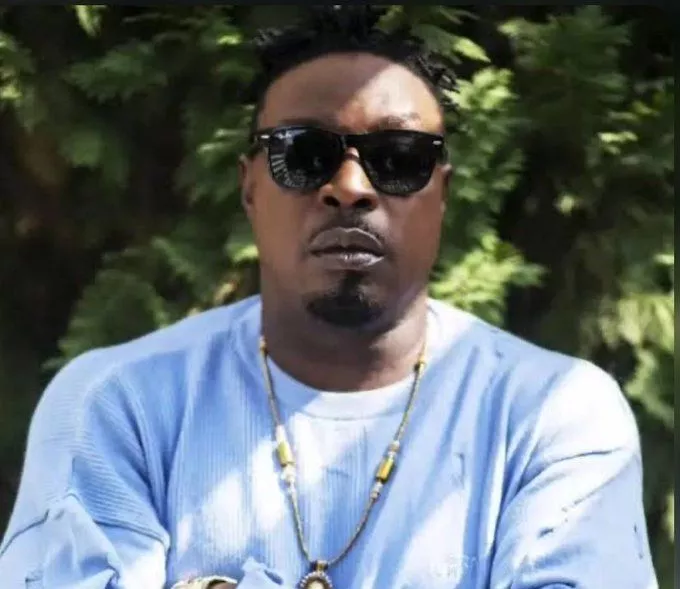
Eedris Abdulkareem, the controversial Nigerian rapper and activist, has stated that his legendary 2001 protest track, Nigeria Jaga Jaga, will continue to serve as the country's unofficial second national anthem until the problems it highlights are fully addressed.
The artist, known for his fearless stance against social injustice and corruption, made the statement during a recent interview on Channels TV, amid renewed popularity of the song on TikTok and other social media platforms.
"Nigeria Jaga Jaga will continue to be the second national anthem, whether anybody likes it or not," he said. "But I always pray to wake up one day and find the song is no longer relevant. That would make me very happy."
Released 24 years ago, Nigeria Jaga Jaga caused a national stir with its unflinching criticism of corruption, poor leadership, and the nation's decaying infrastructure. Despite initial bans and backlash from government quarters, the song has endured, resonating with a new generation of Nigerians facing the same challenges.
"We need to start seeing real development-constant electricity, security, good leadership. Until that happens, the song remains relevant. Sadly, 24 years later, the message of the song is still our reality," Eedris lamented.
On His New Banned Song 'Tell Your Papa'
Eedris also addressed the recent ban of his latest track, Tell Your Papa, by the Nigerian Broadcasting Commission (NBC), which labeled the song "Not to be Broadcast" (NTB). The decision has sparked criticism and renewed debate over censorship and free speech in Nigerian music.
The song, some believe, is a direct response to Seyi Tinubu, son of President Bola Ahmed Tinubu. In a viral video, Seyi passionately defended his father's administration, prompting Eedris to respond through music.
"I was inspired by Seyi Tinubu," Eedris explained. "In the video, he kept repeating, 'My father is the greatest president.' But I differ. He may be the best father to Seyi, but he's the worst president to Nigerians."
The rapper criticized the administration for widespread economic hardship, insecurity, and youth unemployment, contrasting Seyi Tinubu's privileged experience with the reality faced by ordinary Nigerians.
"I told him to travel by road without security and feel the pain of the people. Nigerian youths are asking for basic things-electricity, security, job opportunities-not palliatives," he said.
Despite the controversy, Eedris insisted that the song contains no insults-just facts.
"If you listen carefully, there's nowhere in the song that I insult him. I just stated the truth. He spoke publicly, so I responded publicly. If he had remained silent, I wouldn't have recorded the song."
Eedris, who has long drawn comparisons to Afrobeat legend Fela Anikulapo Kuti, emphasized that his criticisms come from a place of love for his country.
"I'm a passionate Nigerian. I love this country deeply. But truth is bitter, and those in power don't like hearing it," he said. "I want a better Nigeria, and I'll keep speaking out until we see real change."
As the socio-political climate continues to inspire Nigerian artists to take bolder stands, Nigeria Jaga Jaga remains a powerful reminder of music's enduring role in activism-and a haunting reflection of a nation still struggling to fulfill its promise.

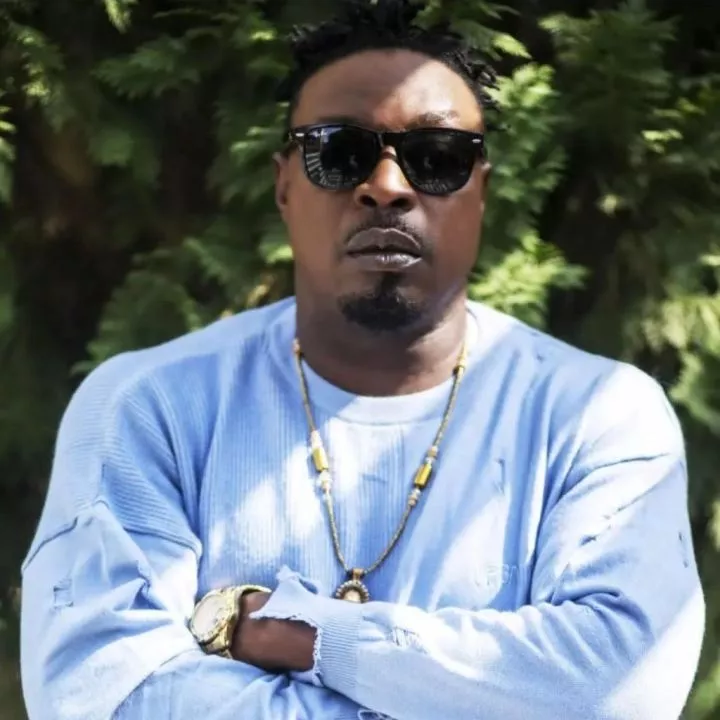
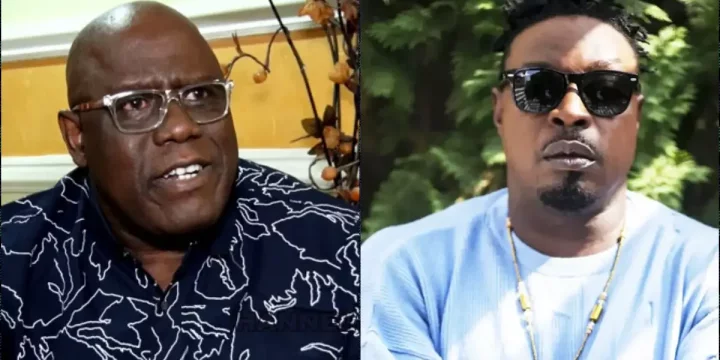
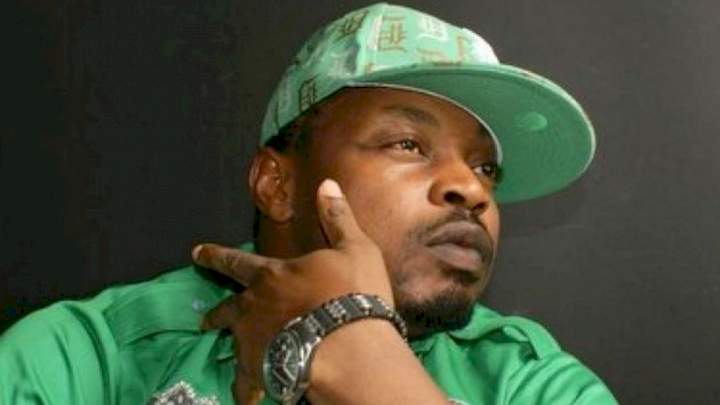

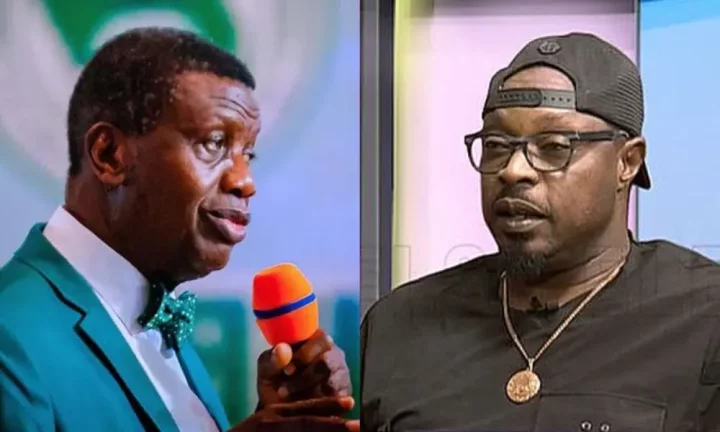
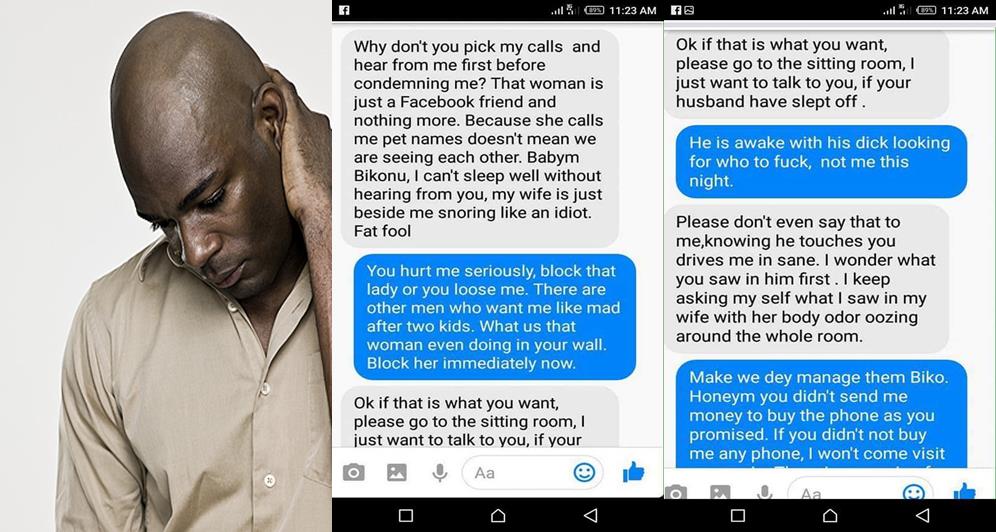
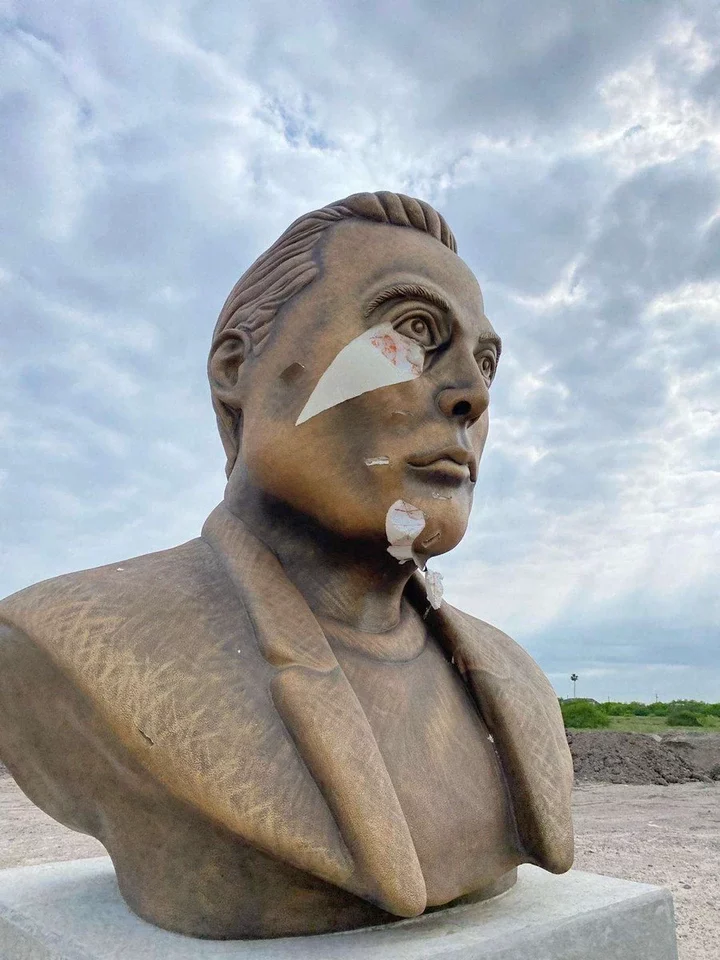


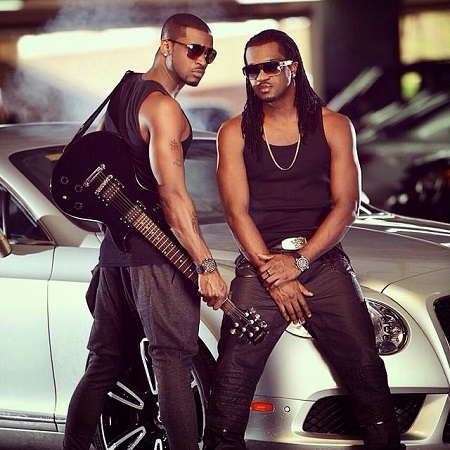





Comments